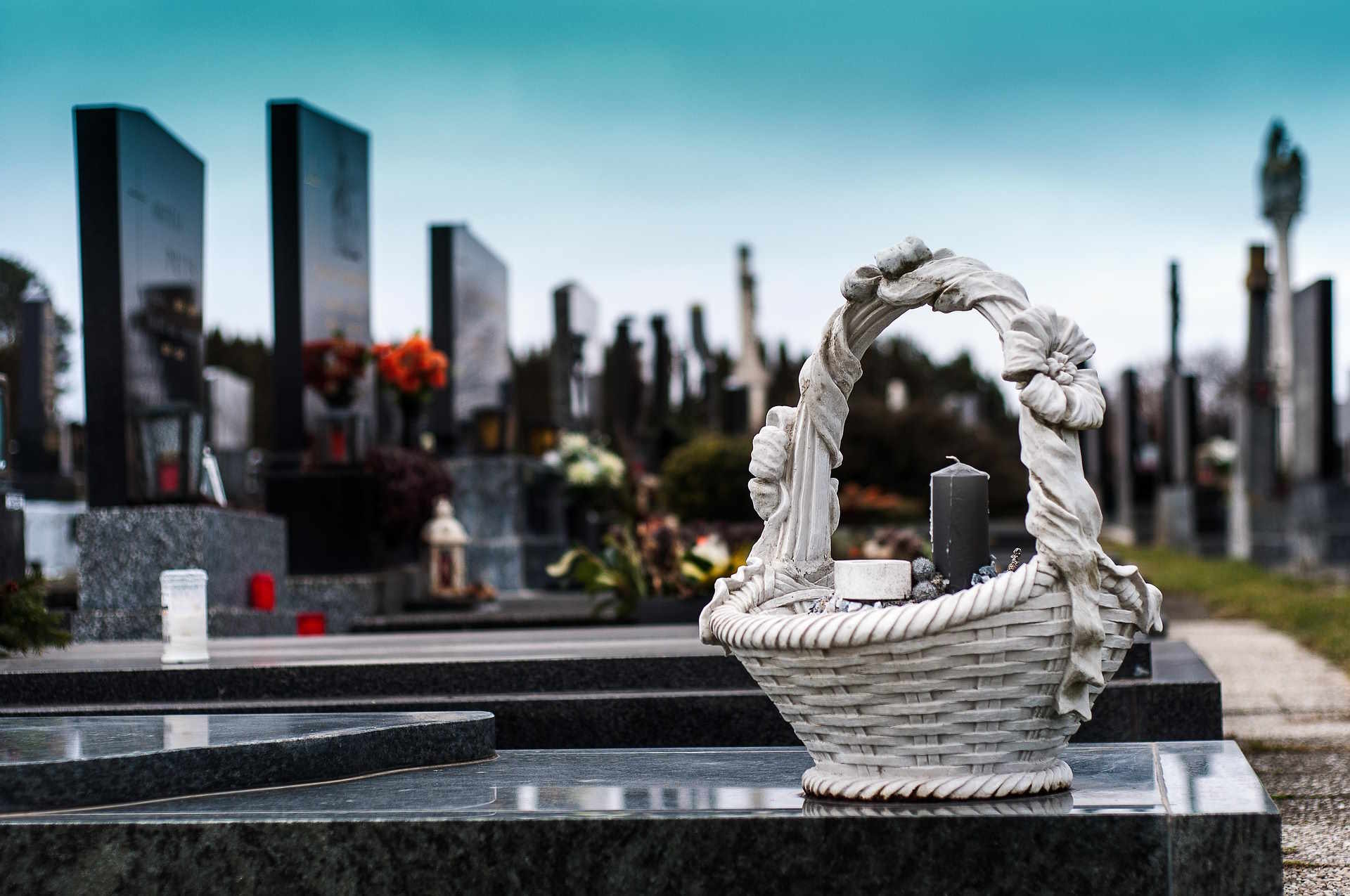The Truth About Cremation in 2025: Process and Costs
As we look towards 2025, cremation continues to be a popular choice for end-of-life arrangements. This comprehensive guide will explore the evolving landscape of cremation services, detailing the process, modern options, and associated costs. Whether you're planning for yourself or a loved one, understanding the intricacies of cremation can help you make informed decisions during a sensitive time.

How Does the Cremation Process Work?
The cremation process in 2025 remains fundamentally similar to previous years, with some technological advancements improving efficiency and environmental impact. The process typically begins with the deceased being placed in a combustible container and then into the cremation chamber. High temperatures, usually between 1400-1800 degrees Fahrenheit, reduce the body to bone fragments. These fragments are then processed into a fine, sand-like consistency, which becomes the “ashes” returned to the family.
What Modern Cremation Options Are Available?
As we approach 2025, the cremation industry continues to innovate, offering a range of options to suit different preferences and values:
-
Traditional Cremation: The standard process described above.
-
Aquamation (Alkaline Hydrolysis): A water-based alternative that uses heat, pressure, and alkaline solutions to accelerate natural decomposition.
-
Green Cremation: Employs more eco-friendly practices and materials throughout the process.
-
Witness Cremation: Allows family members to be present during the cremation process.
What Should Families Know About Planning for Cremation?
Planning for cremation involves several important considerations:
-
Legal Requirements: Ensure all necessary paperwork and permits are in order.
-
Choice of Provider: Research and compare local cremation service providers.
-
Urn Selection: Choose an appropriate container for the cremated remains.
-
Memorial Services: Decide on any accompanying ceremonies or celebrations of life.
-
Final Disposition: Determine what will be done with the ashes (scattering, interment, or keeping at home).
What is the Typical Timeline for Cremation and Receiving Remains?
The timeline for cremation and receiving the remains can vary depending on several factors:
-
Documentation: 1-3 days to obtain necessary permits and authorizations.
-
Cremation Process: Usually takes 2-4 hours once begun.
-
Cooling and Processing: An additional 1-2 hours.
-
Return of Remains: Typically within 7-10 days after death, but can be expedited if needed.
How Do Cremation Costs Compare Among Different Providers?
Cremation costs can vary significantly depending on location, services chosen, and provider. Here’s a comparison of estimated costs from different providers in 2025:
| Provider | Basic Cremation | Full-Service Cremation | Unique Features |
|---|---|---|---|
| Dignity Memorial | £1,500 - £2,000 | £3,000 - £4,000 | Nationwide network, extensive planning resources |
| Co-op Funeralcare | £1,200 - £1,700 | £2,500 - £3,500 | Member benefits, transparent pricing |
| Simplicity Cremations | £995 - £1,500 | £2,000 - £3,000 | Online arrangements, no-frills options |
| Local Independent Provider | £1,000 - £1,800 | £2,200 - £3,800 | Personalized service, potential for negotiation |
Prices, rates, or cost estimates mentioned in this article are based on the latest available information but may change over time. Independent research is advised before making financial decisions.
When comparing cremation costs, it’s essential to understand what’s included in each package. Basic cremation typically covers the cremation process, a simple container, and return of remains. Full-service cremation often includes transportation, a viewing, a ceremonial casket, and an urn. Some providers may offer additional services such as memorial planning or grief counseling.
In conclusion, as we approach 2025, cremation continues to evolve, offering families more options and flexibility in honoring their loved ones. By understanding the process, available options, planning considerations, timelines, and costs associated with cremation, you can make choices that align with your personal preferences and financial considerations. Remember to research local providers and discuss all options thoroughly before making a decision.




